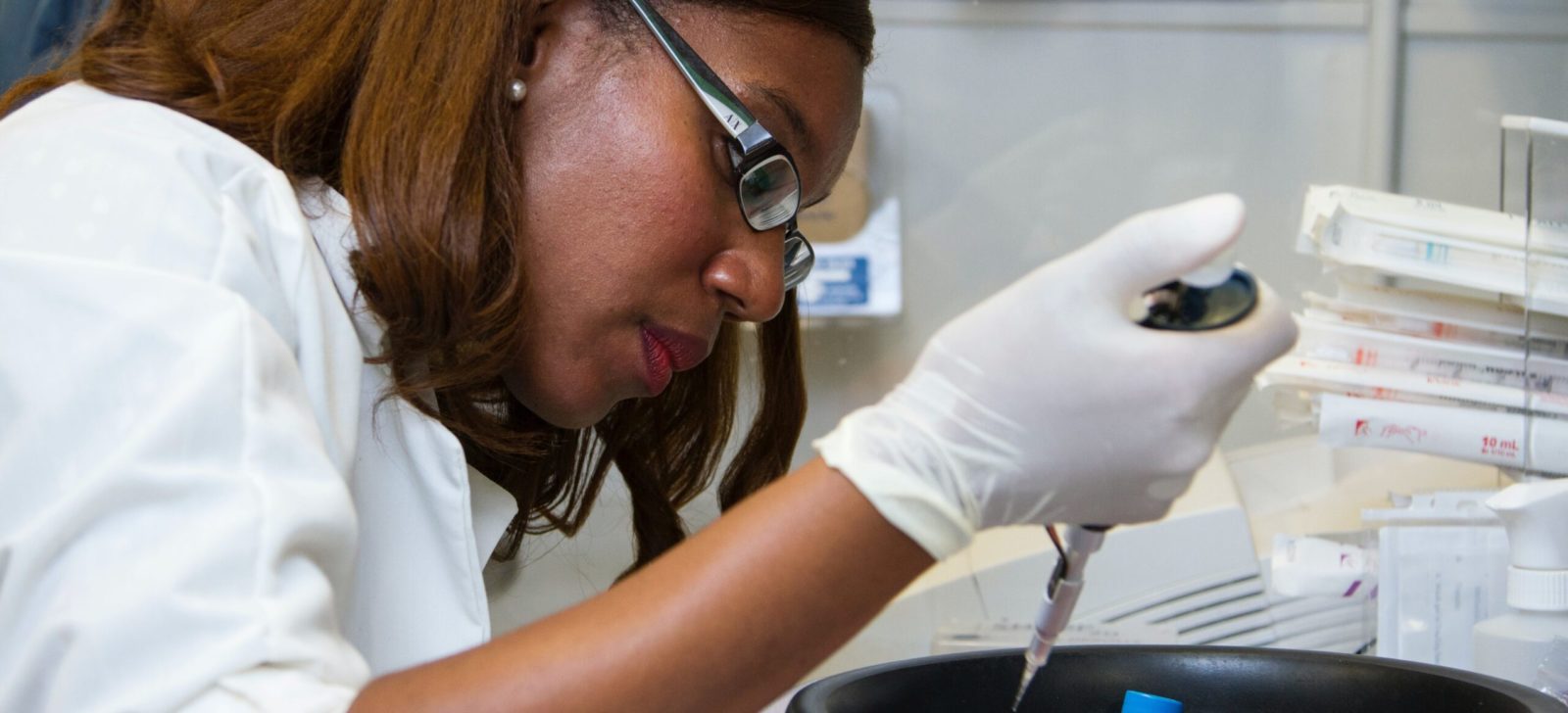research
Nature (mis)Communications and the struggle for equity, diversity and inclusion in medicine
The best of both worlds: Cross-disciplinary innovation in healthcare
Critics claim epidural study instilling ‘fear and guilt’
Cheering from afar: Study illustrates public’s concerns over contact with healthcare workers
2 billion vials. Public acceptance. The obstacles to vaccine delivery
Fake journals in the age of fake news: the dangers of predatory publishing
We must address conflicts of interest to protect our integrity
A little science is a dangerous thing
This Mother’s Day, let’s focus on moms with disabilities
“Mission-Pivot:” The not-so-gradual shift to essential COVID-19 research at Canadian universities
Is research on Alzheimer’s disease and dementia being oversold?
Medical research: One size doesn’t fit all
Are new ethics rules needed to guide research with patient collaborators?
Why aren’t new health care models studied more?
Hype in science: It’s not just the media’s fault

Ground-breaking. Life-saving. Revolutionary. Health journalists like André Picard of The Globe and Mail and Julia Belluz of Vox.com often see such words splashed on press releases about new studies in medicine. “When I see those words,” says Belluz, “my little alarm bells go off.” Journalists have come under fire for sensationalizing health science. But research …
Canadian biomedical science is outstanding…but also redundant?

In 2003, the sequence of the human genome – our genetic code – was revealed. For the first time, we now had a complete list of human genes (about 20,000), and could realistically start to address what these genes did, how they make us human, how the body works and what happens when things go …
How do we deliver on the promise of personalized medicine?

In his State of the Union address, Barack Obama announced the intent to invest in personalized or “precision” medicine – the tailoring of treatments to an individual’s genetic code. Canadian funding agencies have also enthusiastically supported this idea, and all University of Toronto-affiliated hospitals promote their institutions’ forays into personalized or precision medicine. Collectively, these …
Outdated consent rules a barrier to improving children’s health care

The evidence to support much of children’s healthcare is limited.Ten years ago, randomized controlled trials in adults were increasing ten times faster than pediatric ones. Unfortunately, it doesn’t seem like the trend has changed and the gap in evidence between adult and children’s healthcare continues to widen. Randomized controlled trials are the best ‘fair tests’ we …
Did a conflict over intellectual property delay the Ebola vaccine?

Friday, October 3, 2014: A CBC headline read, “Could Ebola vaccine delay be due to an intellectual property spat?” By the next morning a colleague, Richard Gold of McGill, and I had figured out that the “IP” (intellectual property) was in fact a non-story. Whatever was delaying the start of a research trial to test …













